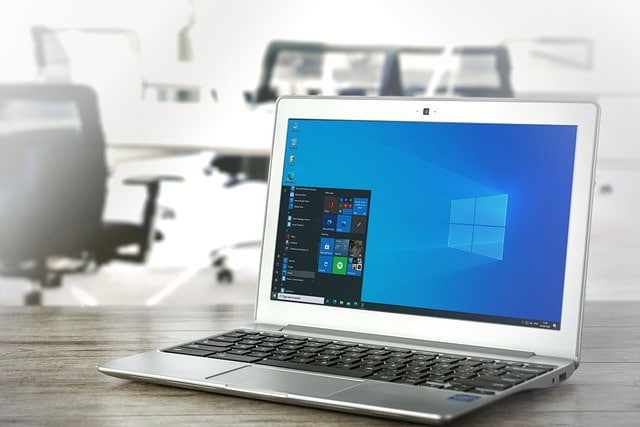
A planned action by a security force can be called an operation.
Operative is a term that can be used as a noun or as an adjective . In the first case, it is a device or a plan that is carried out to develop an action and achieve an objective . For example: “The police operation was a success since thirty kilograms of cocaine were seized” , “Two injured in the operation carried out in the vicinity of the stadium” , “A dangerous criminal who was on the run was arrested in the context of of a police operation that was carried out in Villa García.”
The use of the notion of operation as a device or plan is common in reference to a planned action by security forces with the intention of catching criminals or seizing illegal merchandise.
an adjective
As an adjective, operational is that which works and has its effect or that which is ready to be used : “The technicians informed me that the machinery is now operational,” “With a few more tweaks, the vehicle will be operational and ready for use.” , “That elevator is not operational, unfortunately you will have to use another one or take the stairs” .
An operational plan , on the other hand, is a document prepared by an entity in which guidelines to follow and goals to achieve in the short term are listed. The idea is that the operational plan is the vector that directs the organization's actions.

An operating system is software that allows you to manage the resources of a computer.
Operating system
The set of computer programs that enable the management of a computer 's resources is known as an operating system . These programs start working when the computer is turned on because they manage the hardware from the most basic level.
When talking about operating systems, it is almost impossible for the following names not to come up: Windows, Linux, Unix and Mac OS. Listed below are some of their main advantages and disadvantages, if you pit all four of them against each other.
Advantages of the most popular programs
Windows:
* Its applications are more accessible to people with little computer knowledge, and the tools to perform equipment and system maintenance are easy to use;
* Its graphical interface facilitates the user experience, since all commands have a visual representation;
* Application and system development times on Windows servers are moderate.
Linux:
* This operating system is considered the most robust and secure platform , which makes intrusion by hackers difficult;
* Its greater stability results in better performance of various types of applications;
* It is free, as well as a large number of applications that can be obtained in its virtual store.
Unix:
* There is no other operating system that runs on so many hardware architectures;
* almost completely blocks the entry of viruses;
* is processor and hardware independent;
* gives applications the ability to reserve important memory segments, which are counted in several MB;
* does not prevent running programs that take up more than the total RAM memory available on the computer;
* being executable, it cannot be corrupted.
macOS:
* It is very simple to use;
* offers a secure experience, with an almost negligible number of virus threats;
* supports many of the most commonly used file types;
* Its visual appearance is a strong point for many users looking for style.
Disadvantages of different operating systems
Windows:
* It is not free and not very flexible, and in addition to this it changes versions very often;
* looking for ways to violate this operating system is a sport for many;
* Microsoft periodically stops providing support and updates to its older versions, affecting millions of people who are forced to purchase a new operating system.
Linux:
* There is no company behind this operating system that provides support similar to that of the competition;
* its learning curve is usually steep;
* the help provided is too technical in language for most users.
Unix:
* does not have a technical support service;
* Applications developed specifically for this platform do not always go through proper quality control;
* Advanced knowledge is required to use it correctly.
macOS:
* only runs on Mac computers ;
* requires specific software;
* The price of compatible equipment is very high.
